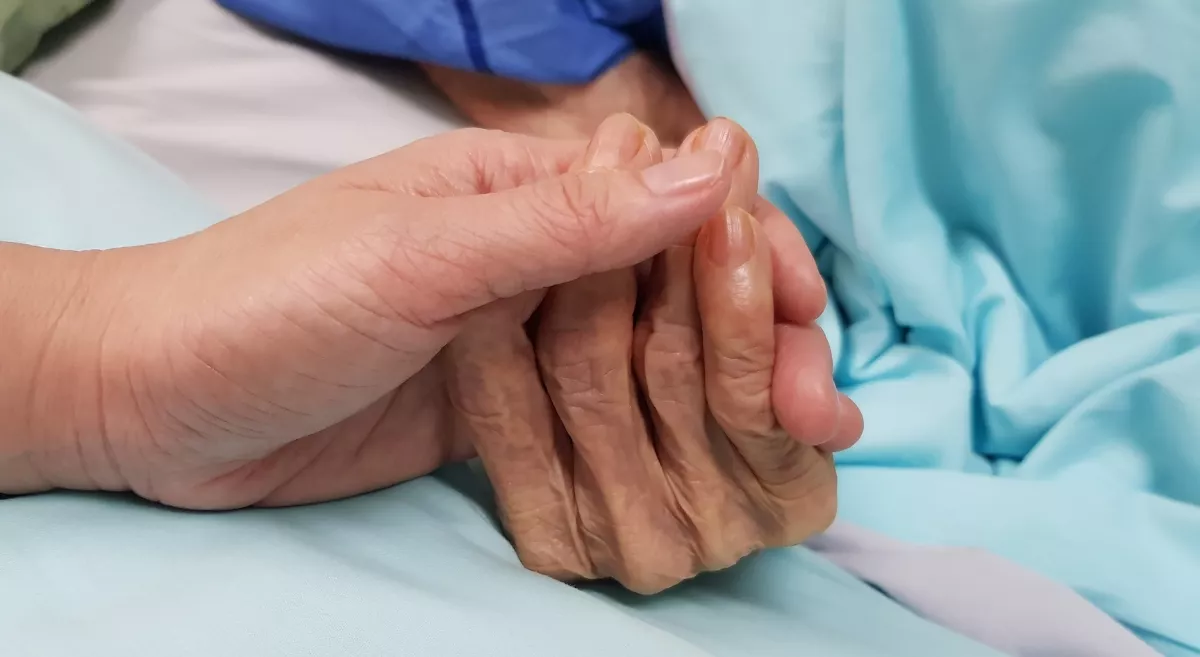Liver cancer, a severe health challenge impacting millions worldwide, encompasses various cancer types, each requiring unique treatment approaches. Understanding these cancer types, recognizing symptoms early, and knowing the available treatment options can empower patients and caregivers to make informed decisions.
Introduction to Liver Cancer
Liver cancer occurs when abnormal cells in the liver multiply rapidly. Liver cancer may originate within the liver itself, known as primary liver cancer, or it can spread to the liver from another area of the body, referred to as secondary liver cancer.
Factors like hepatitis infection, alcohol abuse, obesity, and certain genetic disorders increase liver cancer risks. The primary types of liver cancer include Hepatocellular Carcinoma (HCC), Intrahepatic Cholangiocarcinoma, and some rarer cancers.
Types of Liver Cancer
Hepatocellular Carcinoma (HCC)
Hepatocellular carcinoma (HCC) is the most common type of liver cancer, making up around 75% of all liver cancer cases. This cancer begins in hepatocytes, the primary cells of the liver. HCC frequently develops in individuals with chronic liver conditions, particularly those with hepatitis B, hepatitis C, or cirrhosis.
Intrahepatic Cholangiocarcinoma (Bile Duct Cancer)
Intrahepatic cholangiocarcinoma, often referred to as bile duct cancer, develops within the bile ducts located in the liver. While it represents a smaller portion of liver cancer cases, it is known for being aggressive and is frequently detected at an advanced stage, as it typically presents few symptoms in its early phases.
Rare Liver Cancers (Angiosarcoma, Hemangiosarcoma, Hepatoblastoma)
These rare cancers originate from the liver's blood vessels (angiosarcoma and hemangiosarcoma) or, in the case of hepatoblastoma, occur primarily in young children. Due to their rarity, treatments for these cancers are often highly specialized.
Recognizing Symptoms of Liver Cancer
Symptoms of liver cancer frequently appear in advanced stages, making early detection challenging. Common symptoms include:
- Unexplained weight loss
- Loss of appetite
- Abdominal pain or swelling
- Jaundice (yellowing of skin and eyes)
- Nausea and vomiting
If these symptoms persist, particularly in individuals at higher risk, seeking medical consultation is crucial.
Stages of Liver Cancer
Liver cancer stages range from localized (stage I) to metastatic (stage IV), which has spread to other organs.
The staging significantly influences treatment choices:
- Stage I and II: Often suitable for surgical removal or liver transplant.
- Stage III: May require a combination of surgery, ablation, and embolization.
- Stage IV: Treated with systemic therapies like targeted therapy or immunotherapy.
Understanding the stage of liver cancer allows for apt treatment that can improve survival and quality of life.
Treatment Options for Liver Cancer
1. Surgical Options
This involves:
- Partial Hepatectomy: This surgery removes the tumor along with a portion of healthy liver tissue. It's generally viable for patients with small, isolated tumors and healthy liver function.
- Liver Transplant: A liver transplant can be an option when removing the tumor alone isn't feasible. This procedure involves replacing the entire liver with a donor liver, ideally providing a longer-term solution for patients with early-stage cancer whose liver function is compromised.
2. Ablation Therapy
Ablation involves destroying cancer cells without removing the tumor. This option suits patients who may not be candidates for surgery. Techniques include:
- Radiofrequency Ablation: It uses electric currents to heat and destroy cancer cells.
- Cryoablation: Cancer cells are free zed with liquid nitrogen in this therapy.
- Microwave Ablation: In this ablation method Electromagnetic waves destroy cancer cells.
- Percutaneous Ethanol Injection: Here alcohol is directly injected into tumors to eliminate cells.
These minimally invasive techniques are typically employed for small tumors or when surgery isn't an option.
3. Embolization Techniques
Embolization starves tumors of nutrients restricting their blood flow. It has two primary types:
- Transarterial Chemoembolization (TACE): It involves delivering chemotherapy directly to the liver while blocking blood flow.
- Radioembolization: In this embolization type, radioactive beads are used to target the tumor cells and destroy them.
Embolization is most suitable for individuals who cannot undergo surgery due to poor liver function or other health factors.
4. Targeted Therapy
Targeted drugs interfere with specific molecules that support cancer cell growth, thereby blocking tumor progression. Key targeted therapies for liver cancer include:
- Kinase Inhibitors: These drugs obstruct enzymes aiding cancer cell growth.
- Angiogenesis Inhibitors: Prevent the formation of blood vessels necessary for tumor sustenance.
Common drugs like sorafenib and lenvatinib have been effective in extending survival for advanced liver cancer patients.
5. Immunotherapy
Immunotherapy uses the body's immune system to target cancer cells by preventing them from "hiding" from immune response. It is typically applied in advanced stages of liver cancer, where other treatments may not be viable. Immunotherapy can produce significant side effects; however, ongoing research continues to enhance its effectiveness and safety.
6. Radiation Therapy
Radiation therapy is a non-invasive option for liver cancer in which High-energy particles are directed precisely at the tumor, minimizing harm to healthy liver tissue, particularly the stereotactic body radiation therapy (SBRT) option is usually considered for patients with large tumors or where other therapies have failed.
7. Chemotherapy
Chemotherapy, which uses powerful drugs to kill cancer cells, has limited efficacy in liver cancer compared to other cancers. It's primarily used in advanced cases or when other treatments have not been successful. Chemotherapy can cause several side effects, such as nausea, fatigue, and increased risk of infections.
8. Clinical Trials and Emerging Treatments
Participation in clinical trials offers access to cutting-edge treatments that are still under research. Gene therapy, advanced immunotherapy, and personalized medicine are among the promising avenues currently explored. Patients’ ineligible for standard treatments often finds innovative options within clinical trials.
Choosing the Right Treatment
Choosing the appropriate liver cancer treatment depends on several factors:
- Cancer Stage and Type: Early-stage cancers may be treatable with surgery, while advanced cases often require systemic therapies.
- Overall Health: Patients with compromised liver function or other health issues may benefit from less invasive treatments.
- Treatment Goals: The primary aim may vary from extending survival to managing symptoms or improving quality of life.
A multidisciplinary team of oncologists, surgeons, and specialized healthcare providers can offer the best guidance tailored to an individual's health needs.
Innovations and Advances in Liver Cancer Treatment
Recent advancements have revolutionized liver cancer treatment, especially in advanced immunotherapy and precision medicine. Researchers are developing therapies that specifically target cancer's genetic makeup, enhancing treatment effectiveness. For those interested, clinical trials offer a pathway to these innovative treatments, which may soon become standard care.
Frequently Asked Questions (FAQ)
- Can liver cancer be cured?
A cure is possible in the early stages, particularly if treated with surgery or a liver transplant.
- Who is eligible for a liver transplant?
Candidates often include those in early stages without multiple tumors, and eligibility is determined by overall liver health and cancer extent.
- Does immunotherapy work for liver cancer?
Yes, especially for advanced cases, but it's usually considered after other treatments fail.
Conclusion and Resources
Liver cancer is a challenging diagnosis, but advancements in treatment offer hope for improved outcomes. Early detection, tailored treatment options, and support networks play essential roles in managing liver cancer. For further information, visit resources like the American Cancer Society or the National Cancer Institute, and consult healthcare professionals to make informed decisions.
By staying informed and proactive, patients and caregivers can better navigate liver cancer's complexities and make empowered choices for optimal care.







